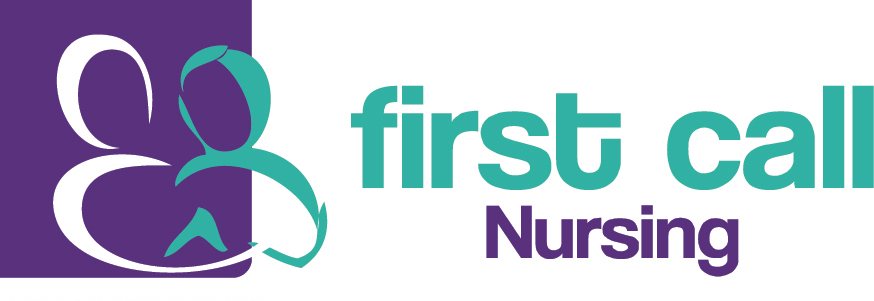What is a coronavirus and COVID-19?
Coronaviruses can make humans and animals sick. Some coronaviruses can cause illness similar to the common cold and others can cause more serious diseases, including Severe Acute Respiratory Syndrome (SARS) and Middle East respiratory syndrome (MERS). This new coronavirus originated in Hubei Province, China and the disease outbreak is named COVID-19.
How can COVID-19 be spread?
The coronavirus is most likely to spread from person-to-person through -
• Direct close contact with a person while they are infectious
• Close contact with a person with a confirmed infection who coughs or sneezes,
• Touching objects or surfaces (such as door handles or tables) contaminated from a cough or sneeze from a person with a confirmed infection, and then touching your mouth or face
Most infections are only transmitted by people when they have symptoms. These can include fever, a cough, sore throat, tiredness and shortness of breath.
Symptoms of COVID-19
Symptoms of COVID-19 can include -
• Fevers
• Coughing
• A Sore Throat
• Tiredness
• Shortness of Breath
Not everybody will show all, if not any of the symptoms but could still potentially be infected with COVID-19.
How can we help stop the spread of COVID-19?
Practising good hand, sneezing and coughing hygiene is the best defence against most viruses. You should -
• Wash your hands frequently with soap and water, before and after eating, and after going to the toilet
• Cover your cough and sneeze, dispose of tissues, and use alcohol-based hand sanitiser
• If unwell, avoid contact with others (stay more than 1.5 metres from people .and call your GP (don’t go without phoning) or the COVID-19 helpline on 1800 020 080.
Who is most at risk of COVID-19 serious illness?
Some people who are infected may not get any symptoms at all, some will get mild symptoms from which
they will recover easily, where as others may become very ill and very quickly. From previous experience
with other coronaviruses, the people at most risk of serious infection are -
• People with compromised immune systems (e.g. cancer).
• The Elderly People.
• Aboriginal and Torres Strait Islander people (as they have higher rates of chronic illness).
• People with diagnosed chronic medical conditions (e.g. heart conditions, asthma, diabetes).
• Very young children and babies.
• People in group residential settings.
Should I wear a face mask?
You do not need to wear a mask if you are healthy. While the use of masks can help to prevent transmission of disease from infected patients to others, masks are not currently recommended for use by healthy members of the public for the prevention of infections like coronavirus.
Who needs to isolate?
Specific requirements are in place for people who have returned from a country or region that is at high or moderate risk for COVID-19, or think may they have been in close contact with a confirmed case of coronavirus. Go to www.health.gov.au/covid19-travellers for the list of at risk countries and isolation requirements.
Staying informed & protected
Download the official government apps to stay informed and protected. These apps are constantly updated.
• COVIDSafe app
• Coronavirus Australia app
Resource - https://www.health.gov.au/sites/default/files/documents/2020/03/coronavirus-covid-19-what-you-need-to-know_1.pdf






